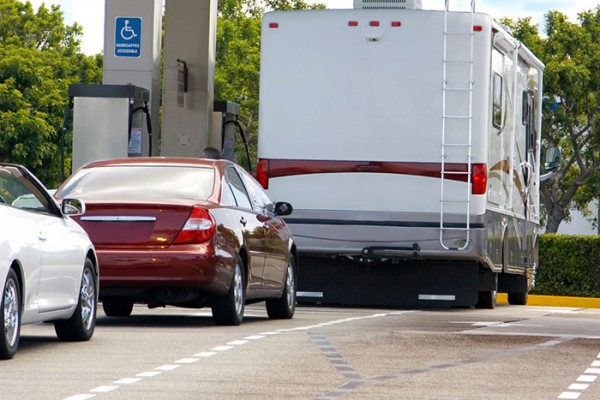Fuel Shortages
Most households and organisations rely to some extent on fuel. Availability within the UK is generally very good, however there have been examples within recent years of brief disruptions to supply on both a regional and national basis.
- In September 2000 blockades at key oil distribution points caused nationwide fuel shortages for over 1 week. Threats of similar action in August 2005 led to panic buying which caused localised disruptions across the country.
- The industrial action taken by Shell tanker drivers in June 2008 had a widespread effect on fuel distribution throughout the UK resulting in some filling stations running out of fuel.
Disruption can also be caused by factors other than industrial action or public protest, including scarcity of supply and technical problems with part of the fuel supply infrastructure. In the event of such disruption to supply, stocks are often further depleted through panic buying.
Potential impacts:
- Public and commercial filling stations exhausted within 48 hours
- Up to 10 days to return to normal supply levels
Potential consequences:
- Inability to provide essential services to vulnerable people
- Financial losses for local business and economy
What you could do
- Maintain your vehicle to ensure that it is as fuel efficient as possible
- Minimise journeys during fuel shortages (essential journeys only)
- Consider car sharing, walking or cycling





